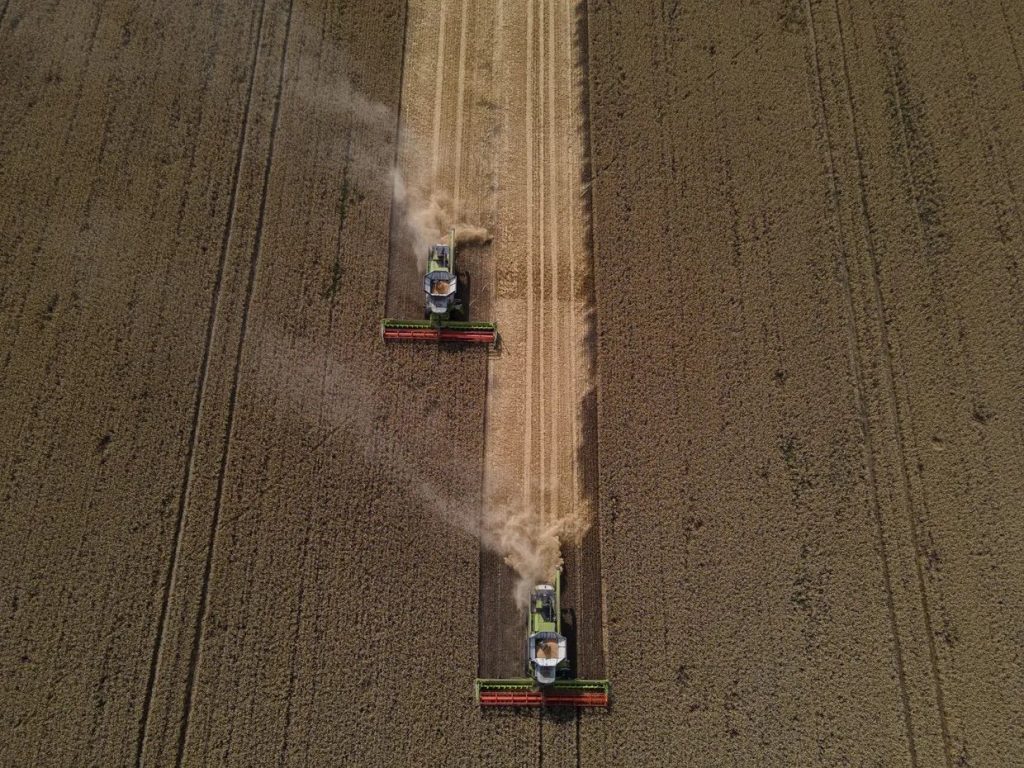of stolen by the Russian military. The constant threat of shelling and occupation has taken a toll on Dydarenko’s mental health, as well as on his ability to sustain his livelihood. The fortifications have cut off access to some of his fields, making it difficult to farm them effectively.
The ongoing conflict has also disrupted the supply chain in the region, making it challenging for farmers like Dydarenko to get their products to market. The lack of infrastructure and the destruction caused by the war have further compounded the difficulties faced by agricultural producers in Sumy Oblast. Many farmers in the region are struggling to survive and are facing the prospect of losing their livelihoods as a result of the conflict.
Despite the challenges they face, farmers in Sumy Oblast remain resilient and determined to continue their work. Many are finding ways to adapt to the new reality brought on by the conflict, seeking alternative routes to market and exploring new opportunities for growth. Some are turning to alternative crops or livestock to diversify their income streams and mitigate the impact of the war on their businesses.
Support from the international community is crucial to help farmers in Ukraine rebuild and revitalize their agricultural sector. By supporting independent journalism and raising awareness about the challenges faced by Ukrainian farmers, people around the world can play a role in helping to ensure the long-term sustainability of Ukraine’s agricultural sector. Joining the fight to support independent journalism in Ukraine is a critical step in helping to shed light on the struggles faced by farmers in the country and mobilize support for their recovery and resilience. Together, we can work towards a brighter future for Ukraine’s agricultural sector and help farmers like Viacheslav Dydarenko rebuild their livelihoods and communities.


